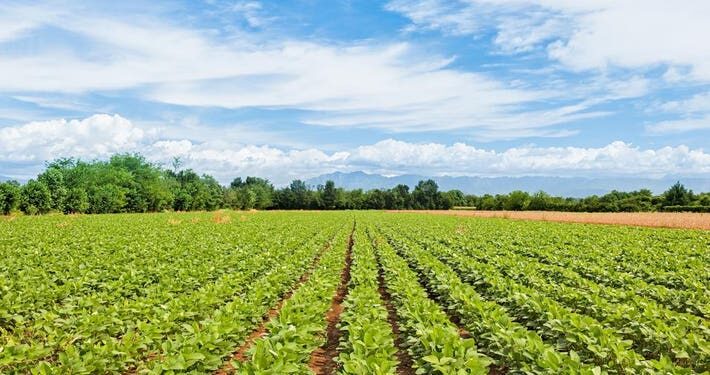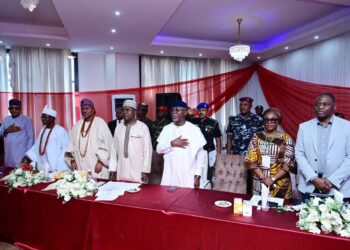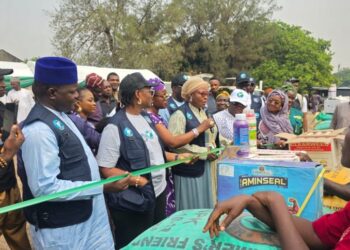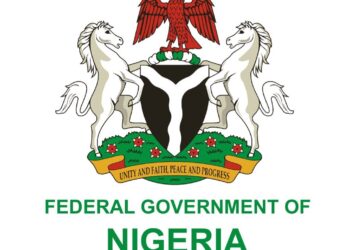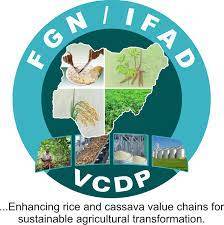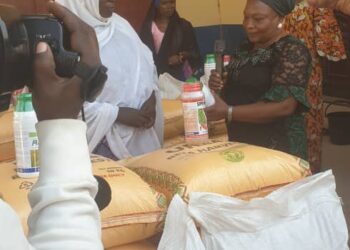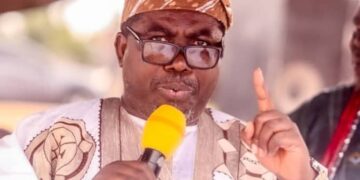The Dutch Directorate General for International Cooperation (DGIS) has provided €100 million to Nigeria, Niger Republic, Burkina Faso, and Mali to improve soil health and fertility.
The Dutch government is giving the support through the Soil Values programme.
The Program Director Soil Values of the International Fertilizer Development Center Dr Bidjokazo Fofana who stated this at a media briefing in Abuja said the programme will run for 10 years.
He said the project aims at improving the management of soil health and fertility towards increasing the resilience of small holder farmers and their farmlands against climate change.
Fofana stated that : “It is a 10-year programme for €100 million funded by the DGIS, the Netherlands development agency in four Sahelian countries, including Mali, Niger Republic, Burkina Faso and Nigeria.
“We also have what we call strategic countries, including Côte d’Ivoire and Ghana.
“The Sahelian countries are landlocked. So, we want to use these coastal countries to open prospects for food input import and export.
“The project aims at improving the management of soil health and soil fertility towards increasing the resilience of small holder farmers and their farmlands against climate change manifestation such as drought, dry space, and the high incidences of calamities like pests and diseases in the Sahelian countries.
“Specifically, the project aims at closing yield gap. When you use good agronomy practices, you are likely to increase productivity.
“But if you are not aware of these agronomy practices, you may end up losing and decreasing productivity.
“Nigeria is big and a large share of the €100 million is coming to Nigeria. Forty million is for Nigeria, while 60 million will be shared among Niger Republic, Mali, and Burkina Faso.
“In addition, activities between stakeholders will be organized to collectively formulate policies conducive to sustainable soil management, thus facilitating the adoption of appropriate practices.
“The programme will explore potential solutions on a global scale by harnessing innovative technologies and approaches to technical and socio-institutional interventions, specifically designed to address the unique challenges faced in Sahelian countries, thus promoting an integrated and participatory approach to effective natural resource management.”
(vitalnewsngr.com)


